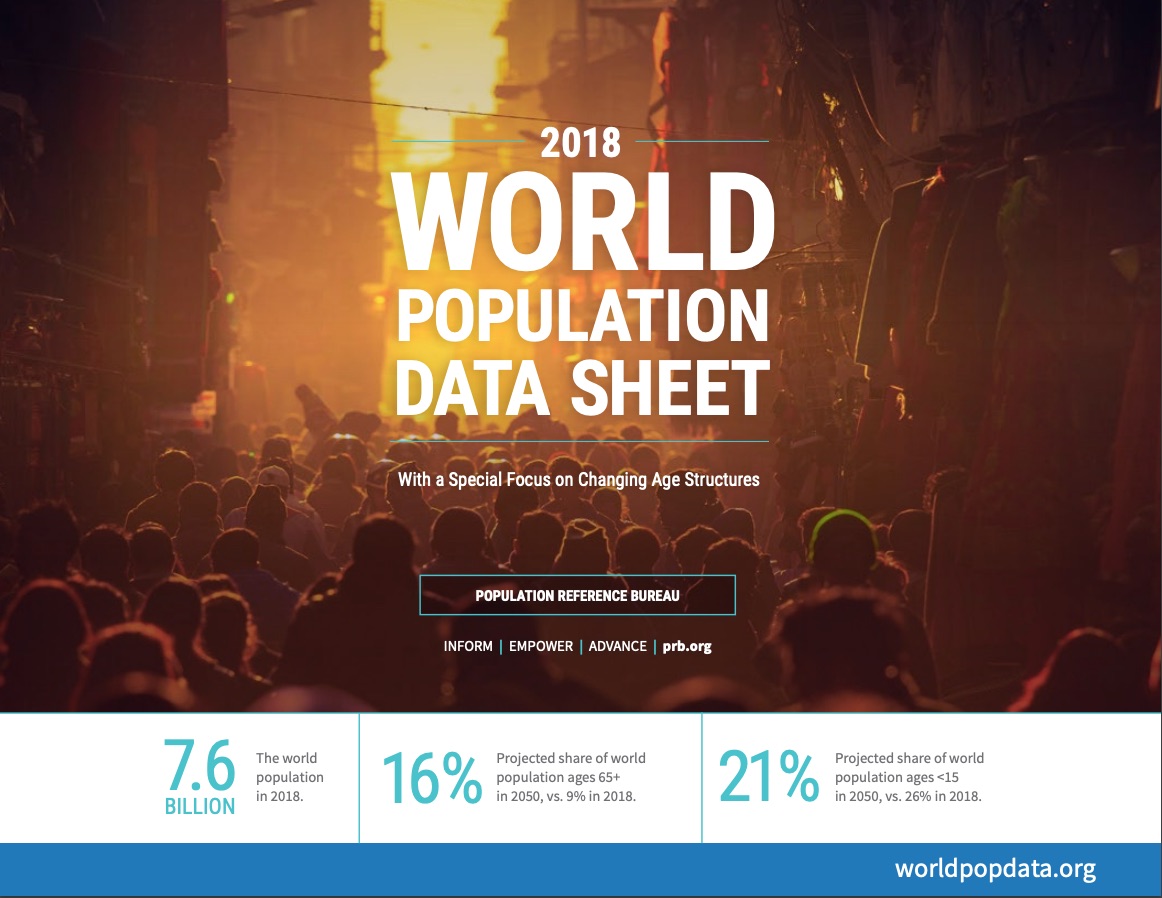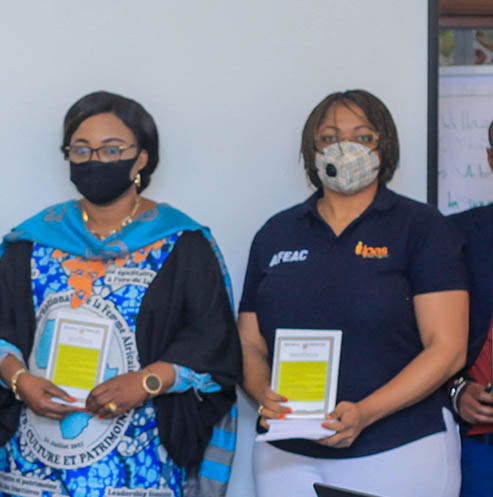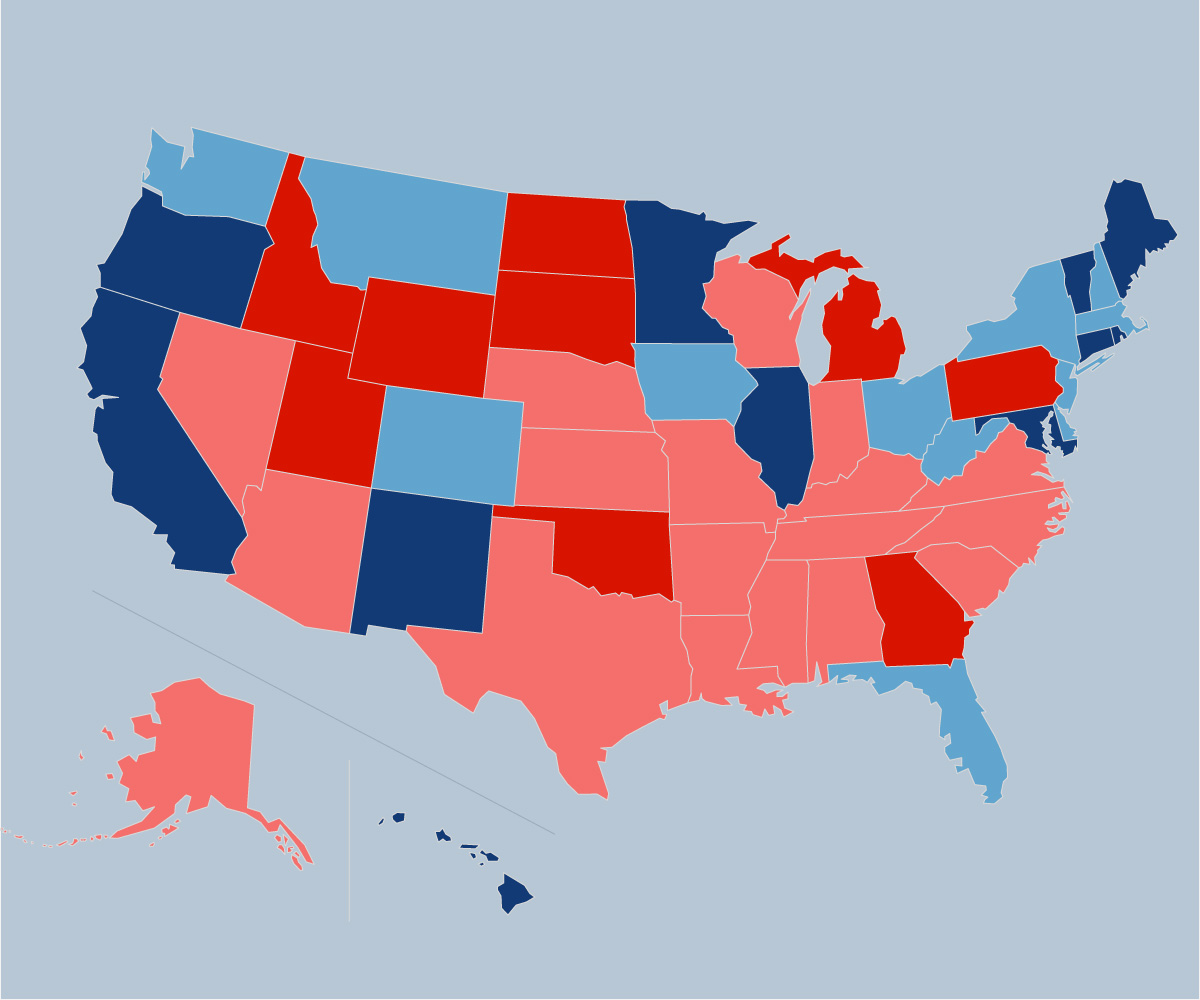Project: Demography and Economics of Aging and Alzheimer’s Disease
Coronavirus Stress and Fear
Stress and fear during coronavirus social isolation can alter gene activity in ways that affect your immune system, but doing good deeds can bolster health.








